I am a geomicrobiologist and senior editor of biogeochemistry on the Earth team at the Springer Nature journal, Nature Communications. To understand the mutual interactions between microorganisms and their surroundings, my research harnesses the power of an interdisciplinary approach, bridging the divide between the fields of Earth and Life science. This exciting work allows me to investigate the relationships between microorganisms and their environment in some of the most extreme places on Earth, including boiling hot springs , energy-starved, deeply buried marine sediments, Arctic sediments, Antarctic permafrost, and high-altitude hypersaline lakes.
I continue to collaborate on the NASA Astrobiology Institute ENIGMA project. I’m also an instructor for the Bioinformatics Virtual Coordiatation Network, formed in response to COVID-19 forcing researchers to move their experiments from the lab to the computer.
I received my B.Sc. in Biology (2011) from Tennessee Technological University. I received my M.Sc. in Geoscience (2014) and Ph.D. in Microbiology (2018) from the University of Tennessee, Knoxville. I was a postdoctoral fellow under the co-advisement of Dr. Robert Hazen and Dr. Donato Giovannelli at the Earth and Planets Laboratory at Carnegie Institution for Science in Washington, DC (2019-2020).
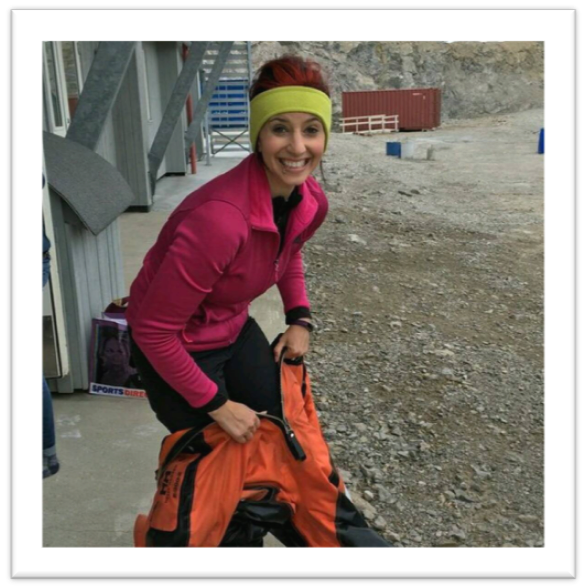 My academic journey may seem disjointed – going from zoology, to geology, to microbiology. Independently, each of these fields do in fact use very different tools and have unique perspectives to offer. My inexhaustible curiously about nature and our place in space drove me to each of these fields. I’m an interdisciplinarian and understand that the marriage of knowledge gained from each discipline leads us to answer bigger questions about our universe than each discipline could answer alone.
My academic journey may seem disjointed – going from zoology, to geology, to microbiology. Independently, each of these fields do in fact use very different tools and have unique perspectives to offer. My inexhaustible curiously about nature and our place in space drove me to each of these fields. I’m an interdisciplinarian and understand that the marriage of knowledge gained from each discipline leads us to answer bigger questions about our universe than each discipline could answer alone.
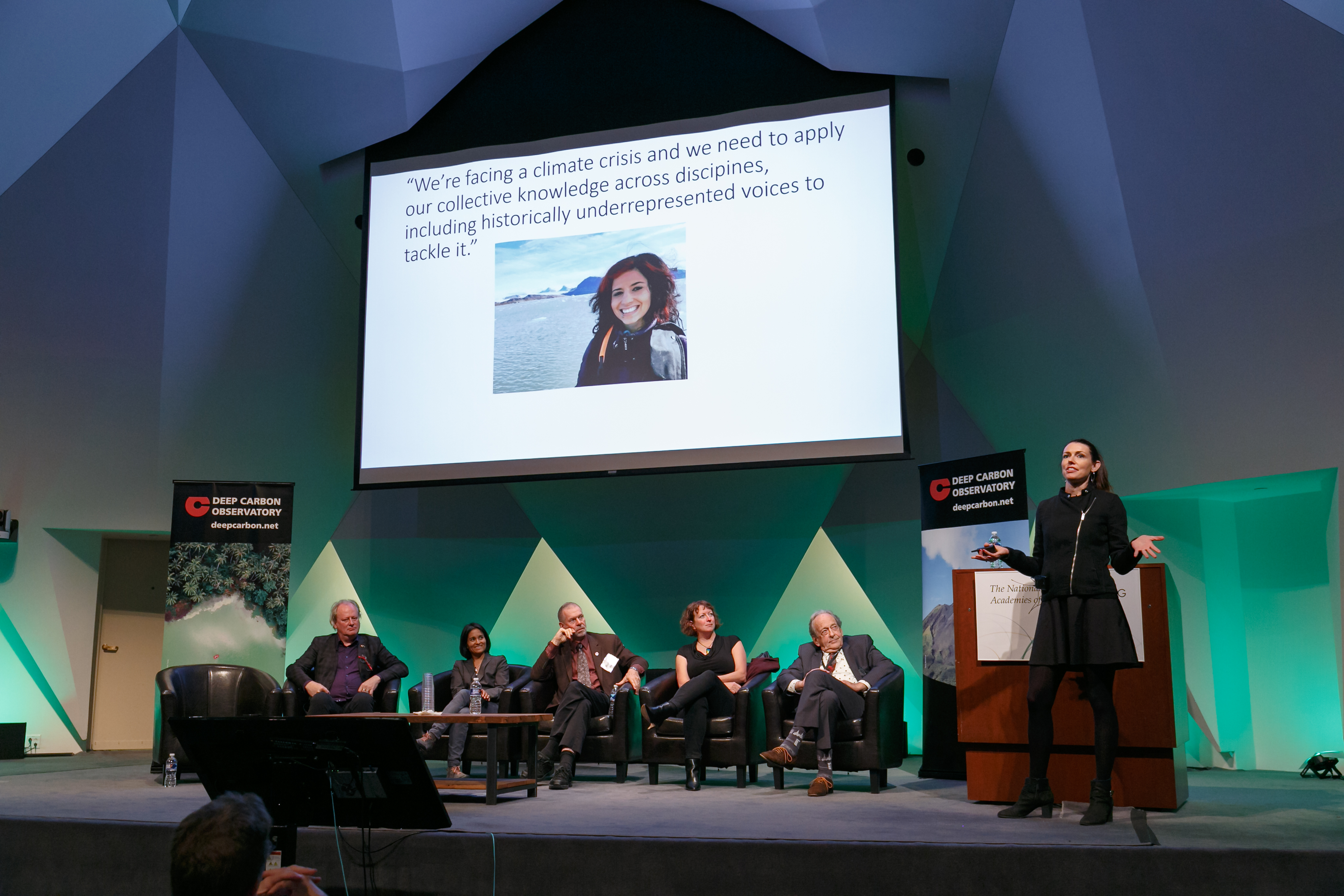 Dr. Karen Lloyd highlights my take on the climate crisis at the National Academies of Science. Details outlined in Nature here.
Dr. Karen Lloyd highlights my take on the climate crisis at the National Academies of Science. Details outlined in Nature here.
 I am part of the NSF-funded Arctic Research Coordination Network, Migrations in Harmony, which aims to support a resilient, just, and sustainable Arctic in motion. It is paramount that we center the voices of those who are most impacted by climate change and environmental racism.
I am part of the NSF-funded Arctic Research Coordination Network, Migrations in Harmony, which aims to support a resilient, just, and sustainable Arctic in motion. It is paramount that we center the voices of those who are most impacted by climate change and environmental racism.
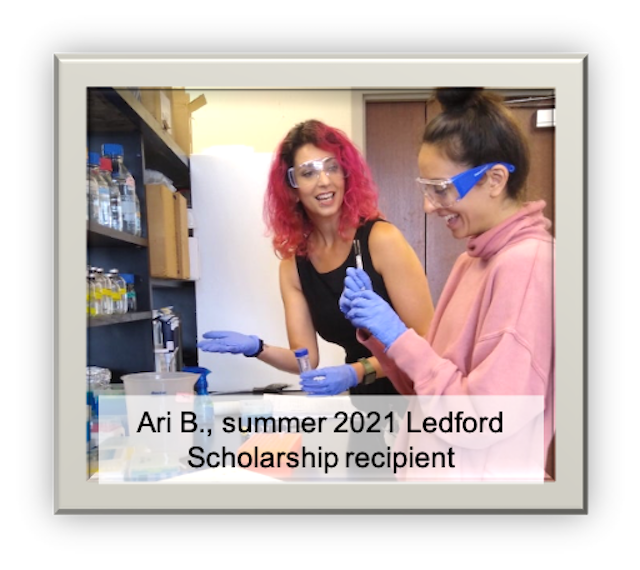 Despite many programs, grants, and workshops aimed at increasing recruitment and retention of people of color in STEM fields, representation of scholars of color is woefully lacking. Dismantling the centries-old system that allows this to continue requires concerted and unapologetic efforts to decolonize science. This task falls on administrators, granting agencies, educators, and professional societies.
Despite many programs, grants, and workshops aimed at increasing recruitment and retention of people of color in STEM fields, representation of scholars of color is woefully lacking. Dismantling the centries-old system that allows this to continue requires concerted and unapologetic efforts to decolonize science. This task falls on administrators, granting agencies, educators, and professional societies.
As a STEM professional, I believe building my toolkit of allyship is an integral part of my job. Throughout my academic pursuits, I have been actively involved in numerous organizations and outreach programs to further the inclusion of women and minoritized students in STEM. I founded the Knoxville chapter of 500 Women Scientists in 2017 and through this, we provide scientific programming to young scholars of color in a partnership with East Tennessee Freedom Schools. In the wake of the devastating hurricane Maria in 2017, I organized a local science salon to raise money for researchers in hard-hit Puerto Rico. I was recognized as an extraordinary scientist advocate from the Union of Concerned Scientists for these efforts and have continued to place high priority on mentorship and outreach in my career.
Selected resource compilations:
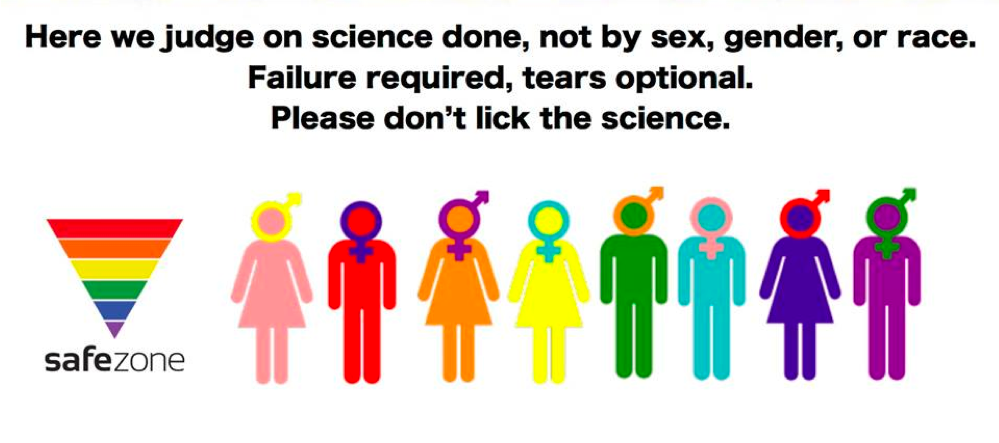 Image credit: Dr. Sarah Tuttle
Image credit: Dr. Sarah Tuttle
I am grateful for past and present funding from the Deep Carbon Observatory, NASA Astrobiology Institute, C-DEBI, the Explorer’s Club, the Society for Sedimentary Geology, the Society for Organic Petrology, and the Geological Society of America.


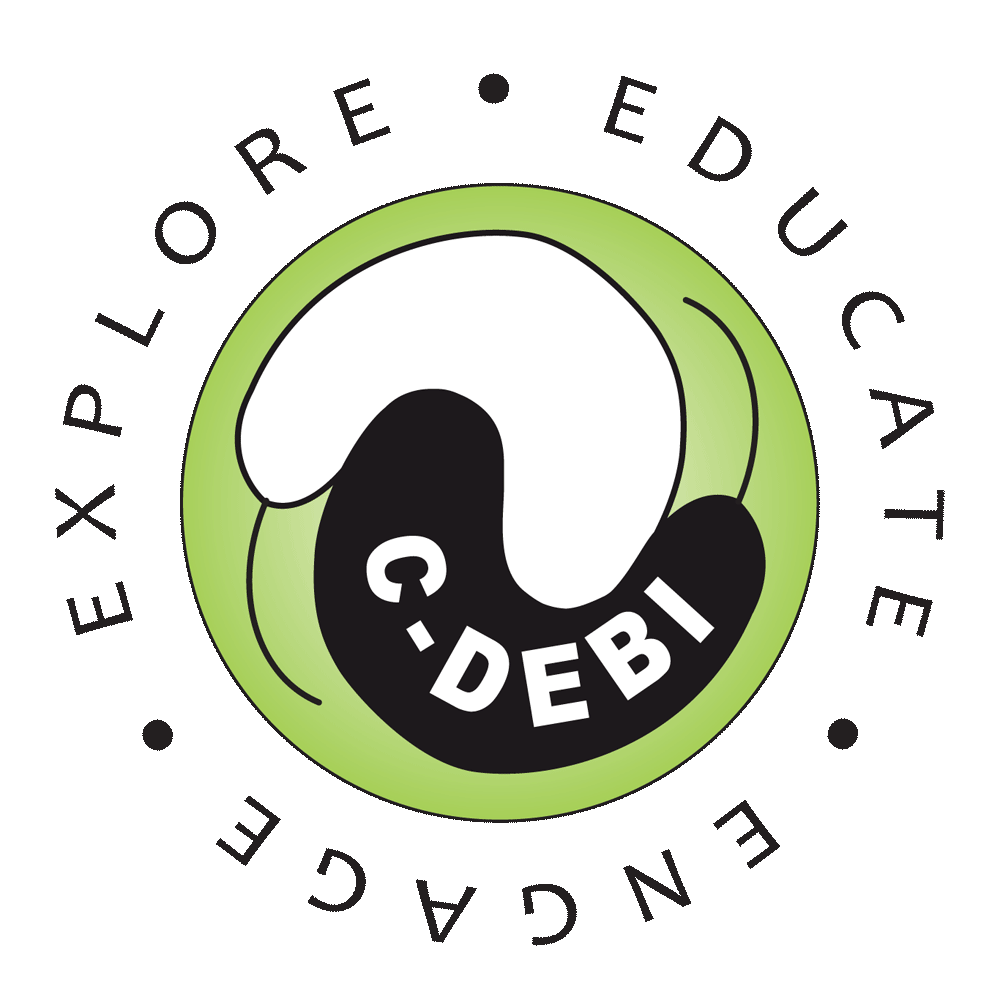
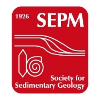
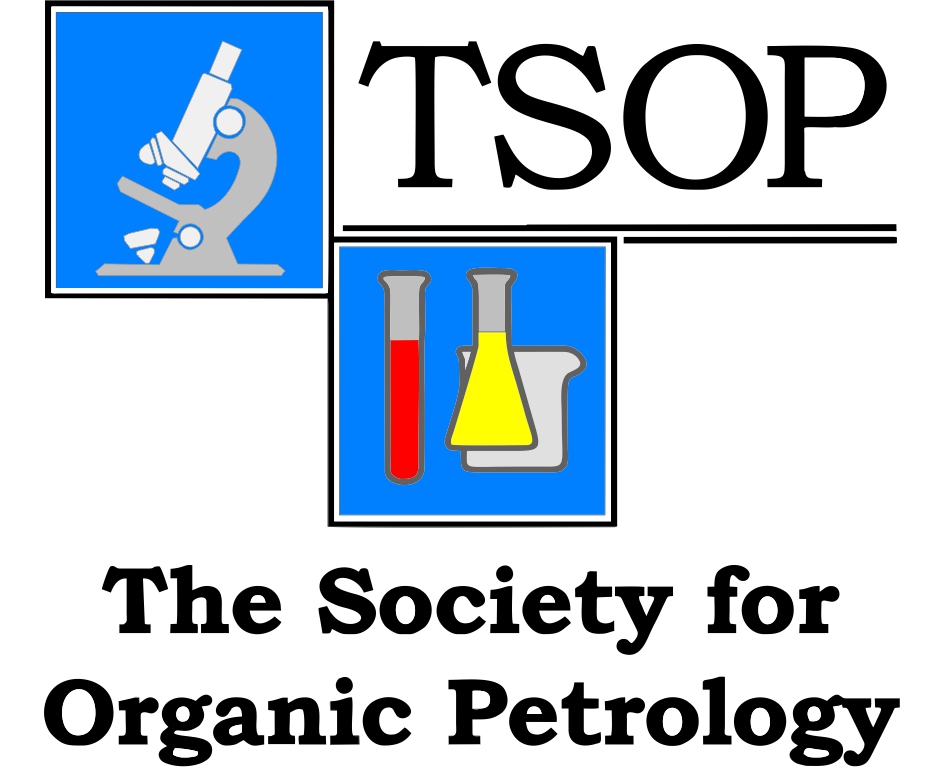

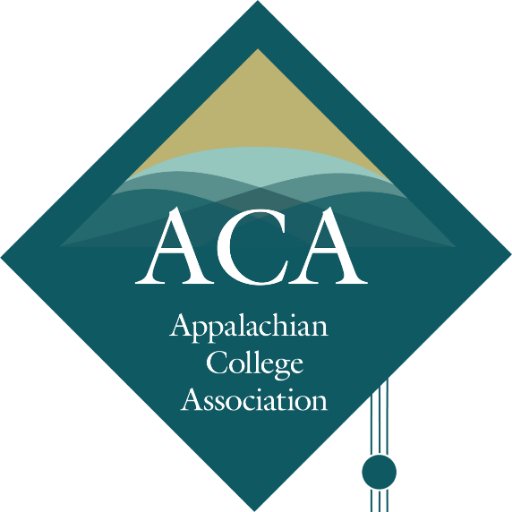
I am excited to announce that I have left my position at Maryille College to start a new job as senior editor of biogeochemistry at Nature Communications . The shift out of academia was a long time coming, but I believe I have found a career that will allow me to still remain connected to my colleagues, up to date on literature, and attend scientific meetings. Wish me luck! :)
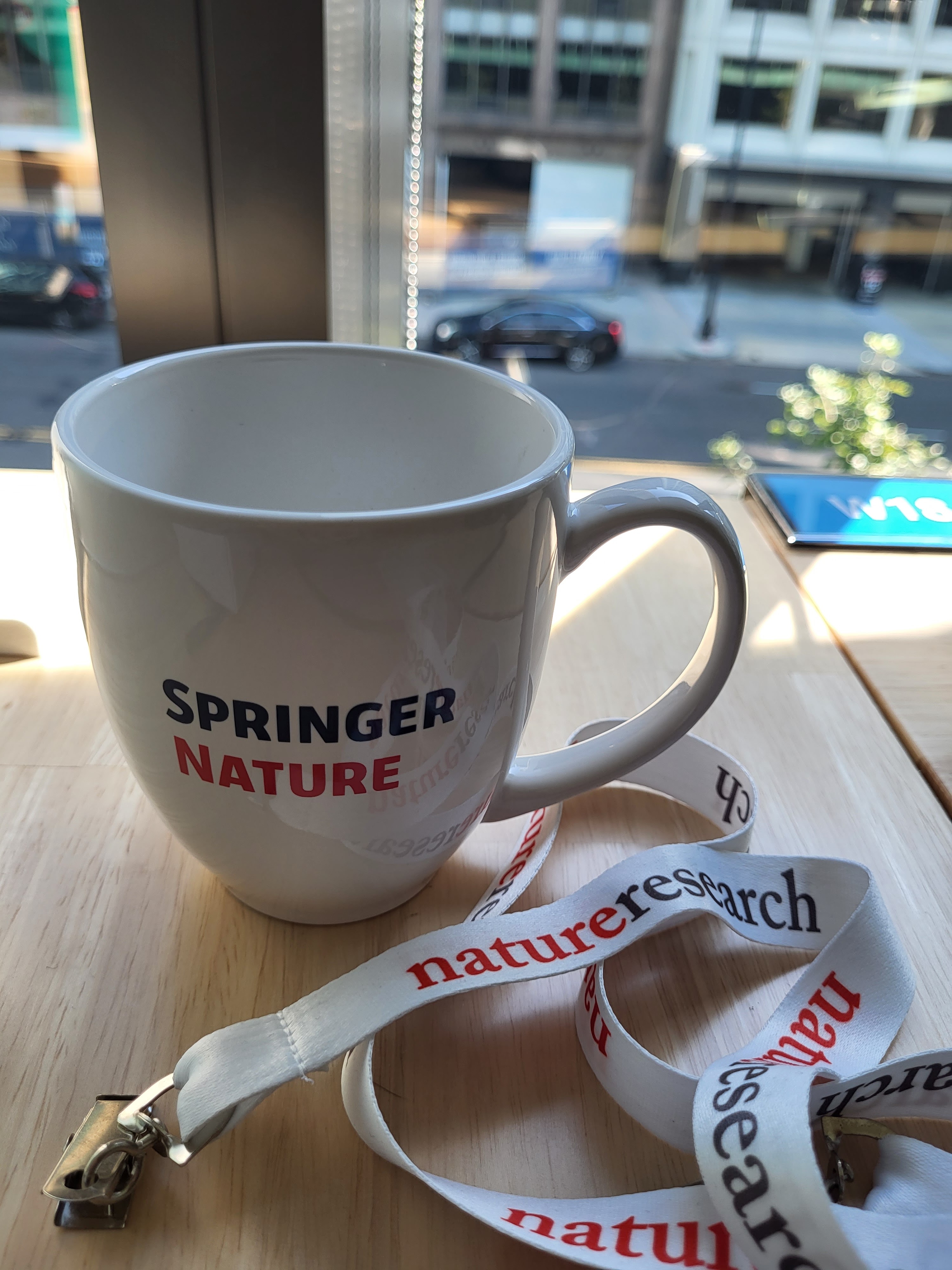
Just got back from the field! We collected sediment cores from Cape Lookout Bight to measure geochemistry and perform microbial sequencing to understand how hydrogen dictates thermodynamics of methanogenesis.
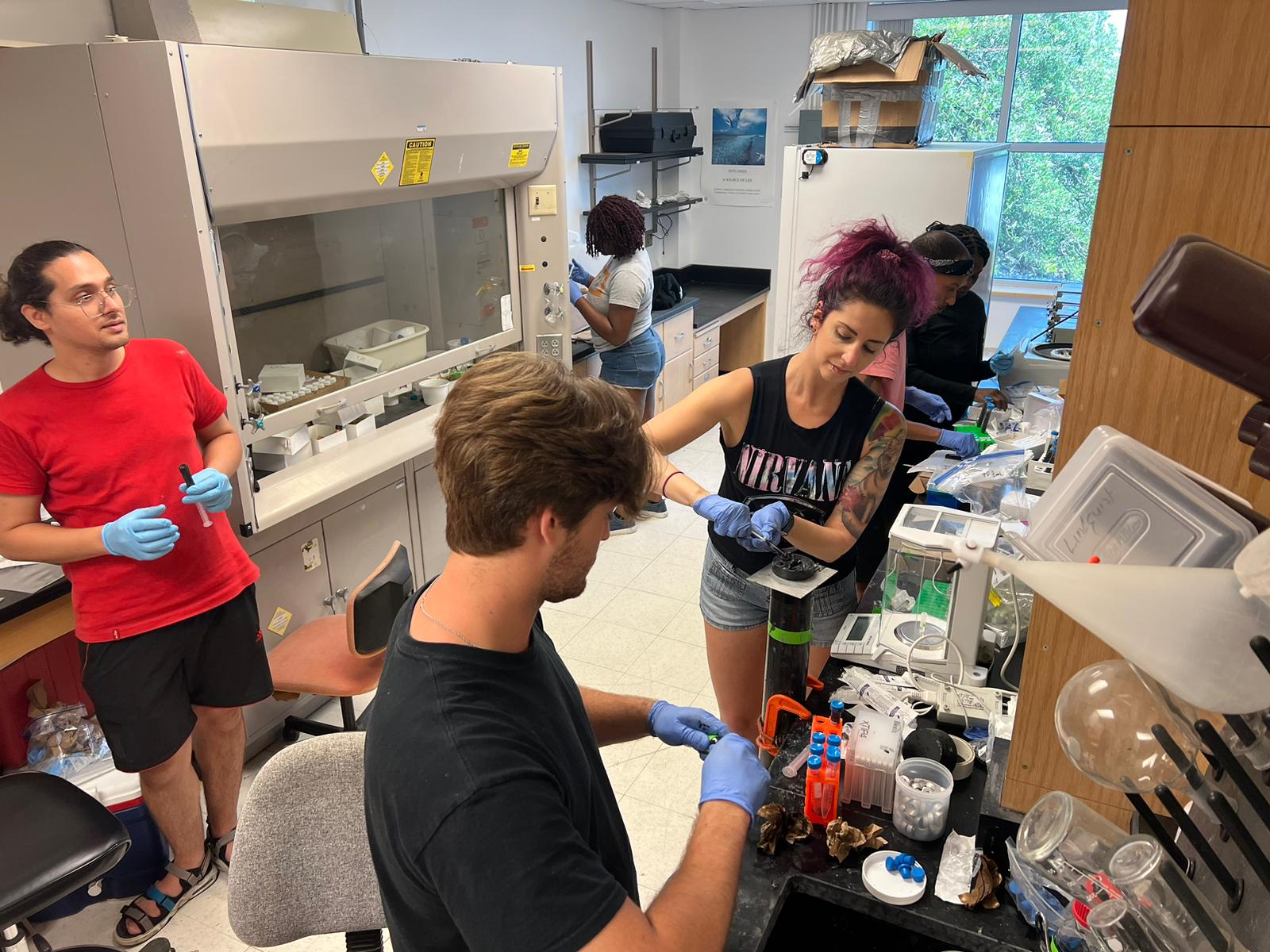
Big news! I resigned my position at Maryville College to take a position as a researcher of Arctic microbial ecology at the University of Tennessee. I am extremely excited for this new opportunity to get back to the research that I love. I'm staying on as an adjunct professor at Maryville College to teach Earth System Science this semester.
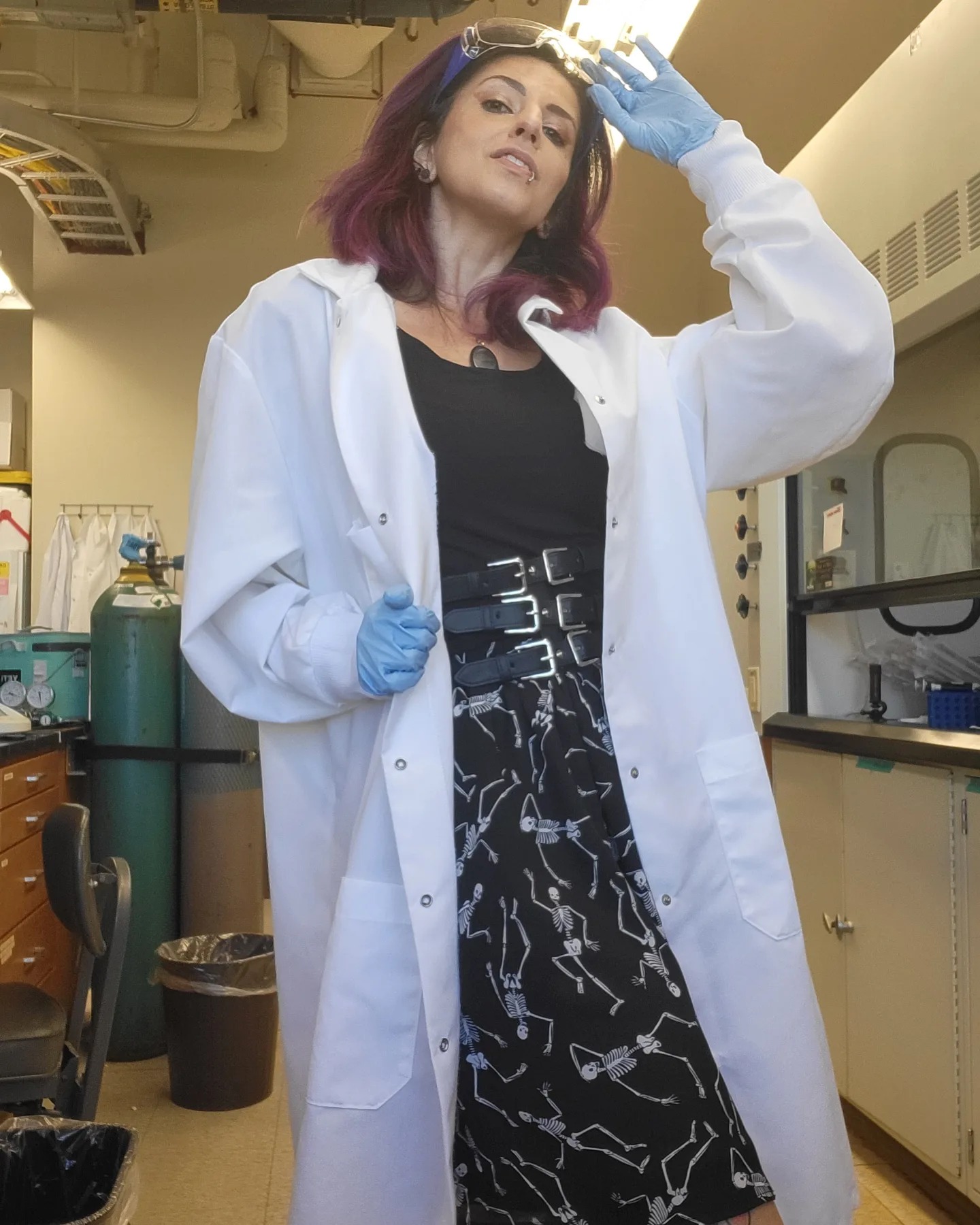
Maryville College students deserve the best and I strive to give them nothing less. Very glad to have recognition of the work that I do and the impact that I have on our Scots. Read the story here.
18 October, 2022Our latest subsurface microbiome paper is out! I'm so fortunate to work with such an amazing team. Read how geology dictates the distribution of chemolithoautotrophs along a convergent margin here .